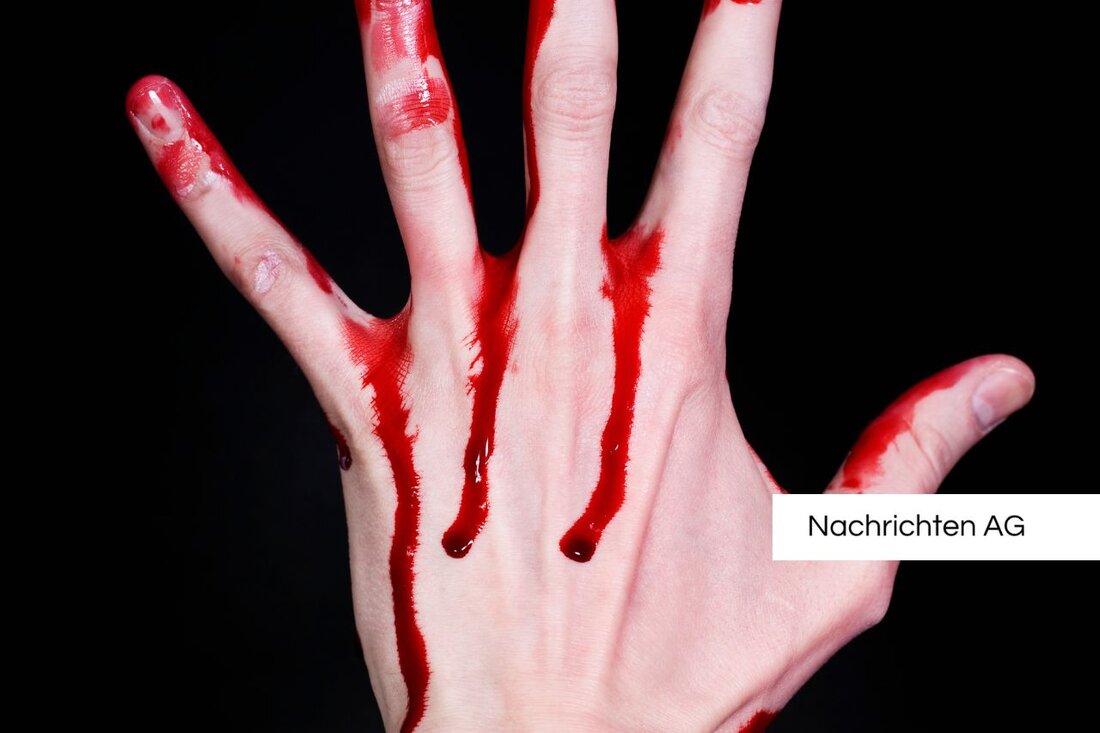Emotional roller coaster: AMOSLauf in Graz demands everything
Emotional roller coaster: AMOSLauf in Graz demands everything
The killing spree in Graz not only shaked a city, but also presented the families of the seriously injured children with immense challenges. Children from birth to 18 years of age are treated on the specialized children's intensive care unit (PICU) if they are life -threatening. This constant care requires a lot of strength from the relatives, since a serious illness or a serious injury changes the usual life abruptly. The time in the intensive care unit is often experienced as an emotional roller coaster ride, which takes parents and relatives from their everyday life and presents them with new, difficult situations in the hospital. Krone reports that such blows are not only about physical healing, but also about mental support for families.
In a commemoration for the victims and injuries of the killing spree, Dr. Karlheinz Kornhäusl, State Councilor for Health, Care and Culture, thanks to all helpers and supporters. He emphasized that the last hours have illustrated the vulnerability and strength of society. Over 240 people were deployed in the emergency situation, including paramedics, emergency doctors and crisis intervention teams. A total of 65 vehicles, including emergency doctors and emergency helicopters, were used from eight districts. Kornhäusl emphasized that in the healthcare system it is not the focus on responsibilities, but on the rapid help for those affected. Many helpers brought their leisure victims or voluntarily agreed to support in this difficult situation. In addition, over 600 people donated blood, which underlines the remarkable solidarity of the community. 20 minutes reports on the emotional atmosphere and the cohesion that is noticeable in these difficult times.
mental health in children and adolescents
Mental health of young people play an increasingly greater role, especially after traumatic events such as that in Graz. According to the WHO, a fifth of young people in the European region is affected by mental disorders. These stressful conditions, including anxiety, depression and eating disorders, have increased significantly in the past 30 years. Suicide is the most common cause of death in the age group of 15- to 29-year-olds. Numerous reports show that many children and adolescents do not receive the necessary care despite their needs. Factors such as long waiting times and insufficiently trained service providers hinder access to mental health care. The WHO has now developed quality standards for the mental health care of children and adolescents who are intended to contribute to addressing these challenges. These standards offer a framework for outpatient and community -related facilities to improve psychosocial care. March 2025 hold an event for the introduction of these standards to increase the quality of mental health care.
| Details | |
|---|---|
| Ort | Graz, Österreich |
| Quellen | |


Kommentare (0)